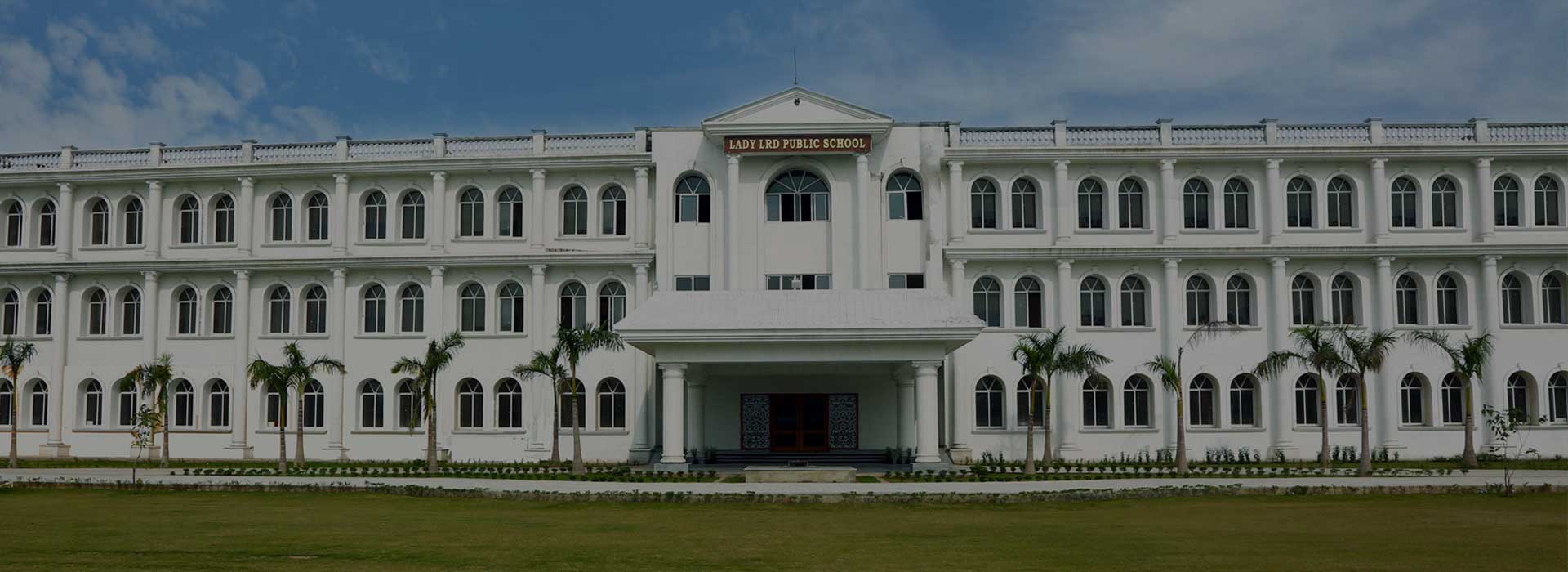
Academic Curriculam
Curriculum oriented activities based CBSE recommended syllabus is implemented in the school very meticulously. At Lady LRD we take care about the age group of the children, contemporary teaching methodologies and infrastructure that add to faster and better learning.
The process of evaluation that includes and reflects all components of the personality of the students and the consideration, not only learning scholastic areas, but also life skills, activities, values, interests and achievements in co curricular activities.
CBSE – Syllabus & Recommended Pattern
- CBSE syllabus is followed. To make teaching-learning process interesting, interactive approach and innovative techniques are tried and adopted from time to time.
- Computer education forms an integral part of our curriculum.
- Also, the school has well equipped labs and a well stocked library and multi-media hall.
- Our enthusiastic and creative teachers make various concepts interesting with the help of audio-visual aids.
Pre-Primary
“Children go where there is excitement, but stay where there is love.”
A child spends three years in the Pre- Primary section i.e. Nursery, LK.G and UKG.
The curriculum is designed keeping the following areas in mind:-
- Gross motor development
- Fine motor development
- Language development
- Numeracy development
- Personal, Social and Emotional development
- Creative development
The objectives for each subject are achieved through purposeful activities and themes.
- The Kindergarten Activity Room is spacious and lively with a variety of age appropriate resources that keep the little minds engaged and develop in them a love for learning.
- A year round calendar is planned for various activities and weekly assembly, outdoor play, singing, dance, art and craft, circle time (story telling) and indoor games.
- Educational excursions and field trips are organized for the students.
- There are no formal examinations however assessments are ongoing.
- The children are looked after by an experienced and committed faculty.
Primary
- The Syllabus and activities for the session are planned purposefully keeping in mind the overall growth of the child.
- Separate weekly assembly is held for Classes all the classes. Teachers ensure whole class participation.
- Various co-curricular activities are conducted throughout the session.
- THOTS(The Higher Order Thinking Skills) for classes I to V is a unique and innovative programme to develop and nurture, ‘Thinking Skills’, ‘Thinking Processes’ and ‘Life Skills’ in students.
- Olympiads and Asset Exams are held annually.( for classes I and V)
- National Days and various festivals are celebrated.
- The academic session is divided into two terms- April to September and October to March. During the session there are two Formative Assessments and two Summative Assessments.
- Field trips and excursions are organized for the students.
Middle school
This phase is characterized by the transition from childhood to adolescence, a time when children experience and witness physical, emotional and social changes in self and peer group. The Middle School programe offers an expanded curriculum to match the growing abilities of children. The Curriculum adopted by school provides a rich and purposeful experience to each and every child ensuring their overall personality development.
- Co-Curricular Activities
-
- Interhouse Activites and competitions
- Peer Group and Pair work
- Class Discussions
- Research Work
- Model Making
- Preparing and Presenting Power point presentations
- Field Trips
- Experimenting in the Laboratories
- Online Participation in Quiz, Poster designing etc.
- INTERACTIVE SESSIONS
Students get an opportunity to interact with well known personalities.- Scientists –learn to relate textbook learning to daily life
- Authors- Get motivated to read & write
- Doctors- Learn about personal hygiene, medical facts & gender sensitivity.


